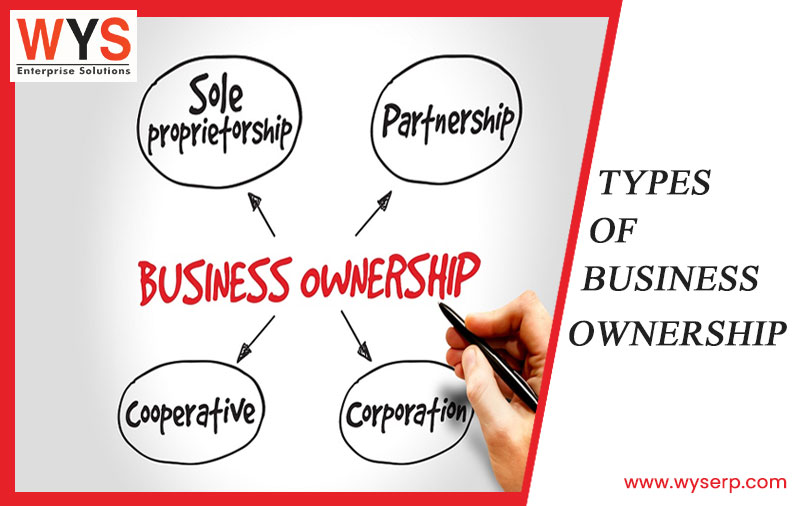India and this part of the world are in the throes of an industrial and entrepreneurial revolution. Hitherto poor and relatively backward, the southern hemisphere is seeing change like never before. Part of this development is the outcome of a huge population that’s finally found its feet with relatively better education and exposure.
That said, this development is also bringing to the fore varied ways of starting and running an enterprise which has its own effects on business management software including Cloud ERP software solutions. The more known and used forms of enterprise these days include the following:
Joint Stock Company
Also called a Public limited company, at its basic is a very democratic set-up which invites and issues shares of an enterprise over a wide swath of the general public who are legally in a position to apply for and hold enterprise ownership rights. This form of business ownership most uses business management software given that their scale of functioning is large and automation the only way to keep things in check while progressing at the required speed. These days though JSCs are not the most favoured way of starting an enterprise given that most start-ups are very small and need more resources just to start and sustain with precious little to divert to taking care of shareholder needs that’s the bane of JSCs.
Private Limited Company
While the JSCs have their pluses and minuses, the law of the land has another form of enterprise that while affording all the JSC’s advantages, does away with the need to generate and maintain extensive shareholding. The Private Ltd Company. Like the JSC, this form has liabilities limited to the shareholder’s shareholding and isn’t called upon in any way to compensate for losses. That said, this type too may give rise to extensive organizations that may need Cloud ERP Software Solutions. Like the JSCs, the Pvt Ltd Cos have their share of extensive compliances that management has to arrange for at all times which they cannot ever miss out on. This form of enterprise is being used very extensively by start-ups and newbies given that it assists in raising seed capital + giving out employee stock options to get the best talent.
Limited Liability Partnership
For a start-up, the last things they ever want to meddle with are compliances, laws and the whole thing called systems. For those without deep pockets and equally shallow patience, this form of enterprise is best to start with given that commitments, paperwork and liabilities are seriously very less. Its improvement over the general partnership is that partner’s liability is limited to the individual contribution that they bring to the organization. Other than that, the law cannot touch their individual coffers and assets ever which means small folks can start enterprises without the fear of losing even the shirt on their back.
General Partnership
There was a time when outside of sole proprietorship and JSCs, this was the form of enterprise that was most in common and most favoured given that two people could start an enterprise on the basis of a Partnership Deed- that could remain unregistered. While it was easy to start and relatively simple to operate, a general partnership has its share of minuses as well including the liability of partners extending right up to all their assets. What it does in the event of the partnership going under is that partners lose everything they have, homes, offices, realty, shares- practically even their clothes. It’s for this reason precisely that this form of partnership is losing relevance from the time that Limited Liability Partnership has come about.
Sole Proprietorship
Owned and managed by a single person, a sole proprietorship is the simplest form of an enterprise where its owner is a single individual and its identity doesn’t go beyond that. It can be up and running in the blink of one’s eye and is thus extremely popular in the small trader, merchant and service-provider category where liabilities and reporting are very low. Sole proprietorship ideally doesn’t need registrations and its identity is claimed by other means including income tax and GST registrations.
One person company
In reality, the liability in sole proprietorships is almost the same as in General partnerships where a partner can be made to pay for losses out of his/ her personal property till they exist. This made Sole Proprietorships an uninteresting idea that it had advantages. To rectify the situation and make amends for single-person entities, the companies act was amended to include the mode of One Person Company where a single promoter would have full control over the company’s every aspect with liabilities extending only up to the person’s shareholding in the company! This person would be Director, Shareholder and all rolled into one. That said, such an entity cannot ever hope to raise capital or offer employees an “employee stock option”
